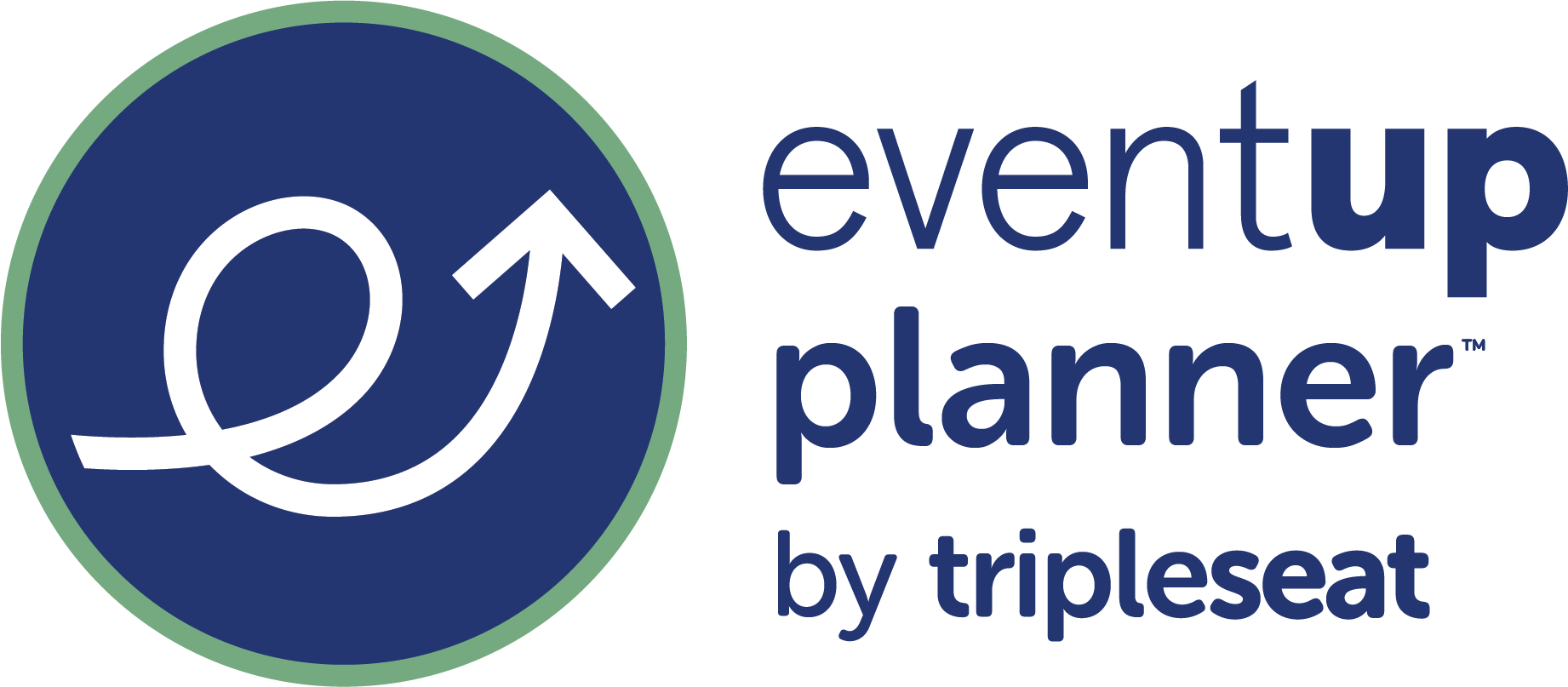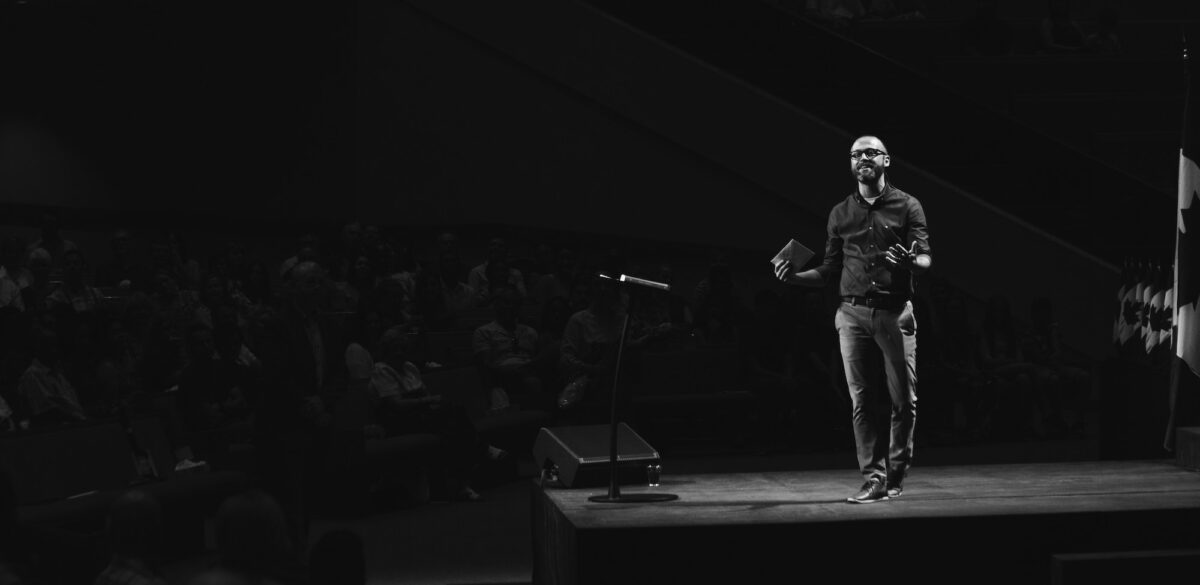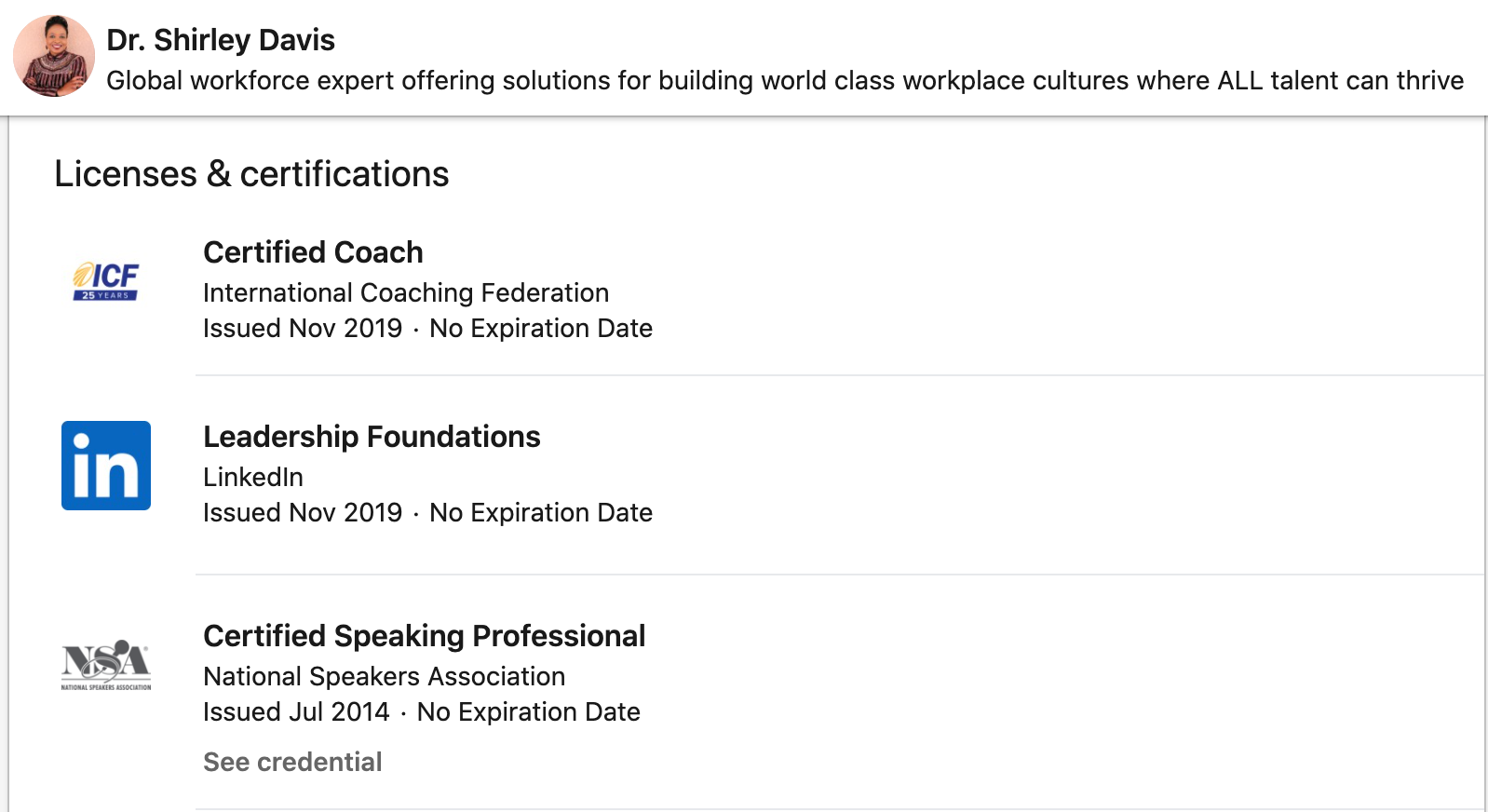On October 23rd we celebrate Event Organizers Day, and we, at Attendease, would like to do more than just say thank you for all your efforts. 2020 has proven to be a challenging year, and our team wants to share something that is meaningful and genuine. So we created a list of resources to help event planners cope during these strange times, and we are also launching our very first Giveaway as a way to say thank you for all the hard work you do!
As we all know, the event planner’s job is on the top of the list of most stressful jobs in America, and that was before the pandemic. Since COVID-19 hit, we have seen the cancellation of pre-planned in-person events, heavy layoffs in the industry, the pressure of quickly learning new tools and strategies, and the expectation of suddenly being an expert in virtual and hybrid events — all while having to deal with the challenges of working from home (we see you, parents!).
To help event organizers avoid burnout through these tough times, we’ve put together a guide of resources around mental health and wellness. And in honor of Event Organizers Day, we’d like to make sure your hard work doesn’t go unrecognized. We’re offering a special giveaway to help you cope during these tough times: we are giving away 3x bundles of 1 year membership of meditation app from Headspace and one copy of the book The Happiness Project. Enter the Giveaway below:
{{cta(‘7d698ec2-bde7-42d3-a4e4-0749366bd390′,’justifycenter’)}}
Our promise to you: by entering your information for a chance to win this giveway we will not contact you or try to sell you anything. We just need your contact information in order to contact the winner with the prize.
Making Time for Wellness
Before we share our list of resources, it’s important to recognize your wellness matters and it should be a priority. If you don’t put yourself first, likelihood is that no one else will. With that in mind, here’s a list of things to consider when planning your events:
- Consider hiring a support team of contractors to help you distribute workload and that doesn’t require your skillset.
- Revise your current processes so that you can automate and create templates for routine tasks.
- Choose partners and tech providers who will collaborate with you and make your job easier.
- Make sure you have mental breaks and make time to eat! Especially on the day of the event.
- Plan for a full recovery day after your event.
- Try to incorporate physical activities to your day and – in times of COVID-19 – make sure at the very least that you go out for walks and fresh air on a daily basis.
Mental Health Resources For Event Organizers
Meditation apps
These interactive, user-friendly apps will help you relax and recharge when you have stressful work days (or sleepless nights).
Headspace
With over 65 million members, Headspace is a top pick for frazzled event planners. This multi-tasking wellness app provides a wide range of useful content:
- Daily guided meditations
- Access to music that can help you focus
- Exercises to connect you with your body
- Programs for getting to sleep faster and waking up more energized
Calm
Calm is available in 6 languages and 190 countries, providing global mental fitness coverage. Calm was named Apple’s App of the Year, and it’s perfect for event organizers who want to focus on the following:
- Developing gratitude
- Sleeping better
- Reducing anxiety
- Building self-esteem
- Improving performance
- Increasing happiness
- Reducing stress
Smiling Mind
Unlike Headspace and Calm, which offer limited-time free trials until you pay for membership, Smiling Mind is always free to use. The app is meant for users of all ages, not just adults, making it a great fit for your entire family. The programs that they currently offer can help with the following areas of your life:
- Stress
- Sleep
- Attention & Concentration
- Relationships
- Performance
- Sport
- Mindful Eating
Podcasts
Whether you’re looking for motivation to get you through the work week, insights from mental health experts, or someone to read you a bedtime story to help you sleep at night, chances are there’s a podcast that can suit your wellness needs.
Meditation Minis
One big challenge of being a busy event professional is not taking the time to focus on yourself. This podcast dedicates ten minutes of your calendar each day to finding meditation techniques that will clear your mind, manage your stress, and help you focus at work.
Sleep Whispers
Most podcasts aren’t intentionally boring, but The Sleep Whispers podcast is meant to make you nod off. Every week, host Harris posts new episodes with poems, stories and readings that will relax and calm you so you can catch some z’s.
10% Happier
After an on-air panic attack, ABC anchor Dan Harris wrote a best-selling book about his quest to regain peace of mind through self-help. He then launched a popular podcast where he discusses how you can improve your quality of life with teachers, authors and other notable guests. This podcast is great for meditation skeptics!https://embed.radiopublic.com/e?if=ten-percent-happier-with-dan-harr-WwE9m8&ge=s1!c07ab36360320d4c37fe8cb6360d0dc74bd8dfce
Books
Tough times call for true and tested advice. These self-help bestsellers can help you identify what’s stressing you out at work, manage your reactions, and come up with a long-term game plan for feeling happier in your professional and personal life.
Burnout: The Secret to Unlocking the Stress Cycle
Although this book was written with women in mind, it’s helpful for anyone who’s feeling overwhelmed or exhausted by obstacles they’re facing. It contains worksheets and exercises that can help you recover from work burnout, manage your frustration, and learn how to relax.
The Sleep Revolution
As a syndicated columnist, co-founder of the Huffington Post, and author of 15 books, Arianna Huffington knows a little bit about sleep deprivation. In this New York Times best-selling book, she explores how sleep affects your health and job performance, and provides science-backed tips that will help you get the rest you need to be your best self.
The Happiness Project by Gretchen Rubin
This book turns scientific research and the author’s personal quest for happiness into action items that you can apply to your daily life. Since it became a bestseller, people have started their own Happiness Project groups across the world. You can create your own using this starter kit!
Blogs & Resource Centers
For the most up to date advice on fitness, food, and your relationships, you can’t beat the Internet. Here are three information hubs that can help you achieve better physical and mental health, as well as work/life balance.
Verywell Mind
This free resource center contains 4,000 pieces of content covering a wide range of self-improvement topics, from stress management and meditation to technology and brain health. Written by doctors, therapists, and social workers, these guides aim to improve your mental wellbeing.
The Art of Healthy Living
It’s hard to focus on mental health if you’ve been neglecting your physical health! This popular blog is packed with food and fitness tips to help you focus on nutrition and maintaining a more active lifestyle.
Well
The New York times provides a hub of information around wellness topics like therapy, meditation, happiness and exercise. If you’re looking for inspiration in other areas of your life, they also offer resources under the following categories: Eat, Move, Family, and Live.
Mindfulness exercises
When you practice mindfulness, you focus on the present and reconnect with your environment and your feelings. If you’ve been feeling anxious or self-critical about your work, the following exercises can help calm and center your thoughts.
Body scan
This short video will walk you through how to use body scan to gain mindfulness and reduce stress and anxiety.https://www.youtube.com/embed/kZystAgCjqY?feature=oembed&enablejsapi=1&origin=https%3A%2F%2Feventupplanner.com
Leaves on a stream
Imagine that you are sitting on the edge of a stream, perhaps with a waterfall in it. Try if you can to hear what the stream sounds like, and to feel the ground under you. Maybe there is a certain fresh, woodsy smell that accompanies your experience in your mind.
Now picture a particular negative thought—perhaps an unduly catastrophic or negative one, or one that keeps intruding on your day (even if it’s true). Picture it as a leaf that is floating by, from the left side of your vision to the right. It goes at its own pace, but it keeps moving. Breathe as you watch it gradually get far enough down the stream that you no longer see it anymore.
Walking exercise
Find a quiet place 10 to 20 feet in length, and begin to walk slowly. Focus on the experience of walking, being aware of the sensations of standing and the subtle movements that keep your balance. When you reach the end of your path, turn and continue walking, maintaining awareness of your sensations.
—–
Event organizing is not for the faint of heart. It requires coordination of many moving parts, aggressive deadlines, reporting to multiple stakeholders, and lack of control. We can all use a little support to help us through these tough times.
According to the American Institute of Stress, over 1 million people call in sick every day due to work related stress. Coping with stress is a valuable skill for any professional to learn, and as you can see from the resources we’ve rounded up, there are a number of ways you can regain your focus and motivation.
If you’re low on energy, overwhelmed by too many tasks, or feeling undervalued at your event management job, it’s our hope that you find these self-help tools useful.
Speaking of which…
At Attendease, we have the privilege of working with event organizers on a daily basis. As a small token of our appreciation for all that you do behind the scenes, we are launching a giveaway where you can win one of three bundles including a 1-year membership of Headspace (meditation App) and one copy of the book The Happiness Project by Gretchen Rubin. Enter the Giveaway below:
{{cta(‘7d698ec2-bde7-42d3-a4e4-0749366bd390’)}}
The deadline to enter is November 6 2020. Good luck from all of us!





